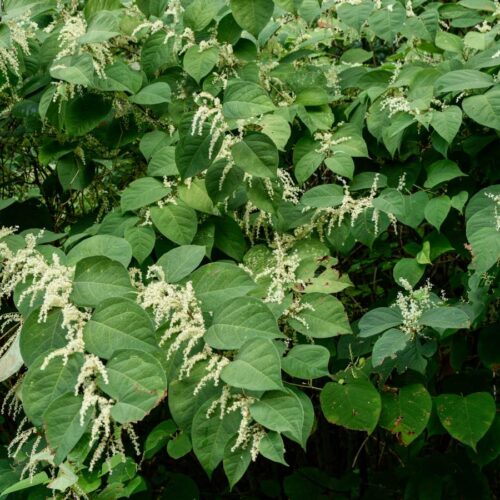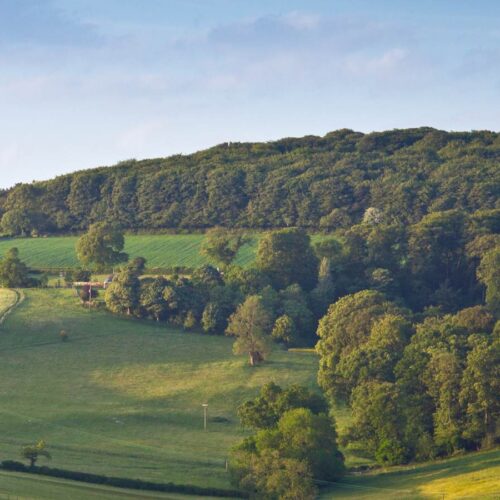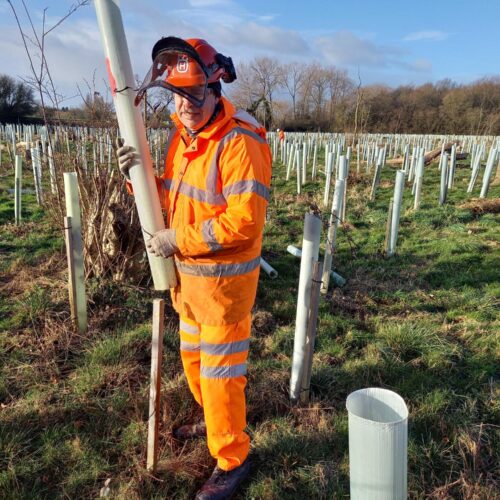December is normally a quieter month where we finally have the opportunity to complete tasks from earlier in the year. However, this year seems to be an exception. Enquiries are still arriving in rapid succession and our site teams are growing and are busy delivering work as the order book continues to build. This is a fortunate position to be in, but it also means that we need to expand our capacity in order to deliver for our clients. Our sister company Thomson Ecology is providing us with support, whilst the HR team is busy recruiting a number of positions, including site supervisors, project managers and a new administrator.
The cause of recent demand for ecological contracting services isn’t exactly clear, and it is likely that there isn’t a single reason. After a couple of years of meagre economic growth, and recent uncertainty around Brexit, confidence seems to be returning. There are a range of major schemes in the UK national infrastructure pipeline, including Highways England and Transport for London projects, as well as HS2, Crossrail 2 and Thames Tideway in London. Furthermore, recent Purchasing Managers’ Index (PMI) figures from IHS Markit show a resurgence in private housing projects.
As we move into the winter months our focus shifts from ecological fencing and mitigation to landscaping and vegetation clearance. The optimum time for planting and vegetation clearance extends until early March. Planting beyond March is at the risk of increased failure rates caused by root shock and dry weather. Also vegetation clearance beyond March may be constrained by the presence of breeding birds. Whilst the old proverb to ‘make hay whilst the sun shines’ does not appear particularly suitable for this time of year, it is true that delaying planting or vegetation clearance can imperil the development programme.











